"Fragrant Garden": how the Arabic Kama Sutra appeared
Everyone knows about the existence of the Indian treatise on love "Kama Sutra". But almost no one has heard of the Arabic book "The Fragrant Garden", which is considered a worthy alternative. The very existence of this work is surprising, because it is known how chaste Islamic culture is. Nevertheless, this treatise exists and it is an exquisite parting word to the world of carnal pleasures and pleasures.
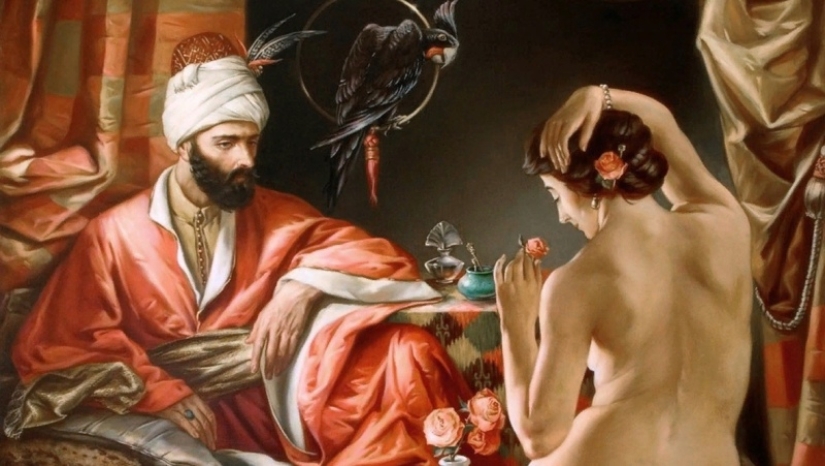
Surprisingly, the Indian "Kama Sutra" and the Arabic treatise "The Fragrant Garden" were translated by the same person — Sir Richard Burton. This British traveler, scientist, writer and translator left behind a solid legacy, the unconditional pearls of which can be considered two ancient works about love.
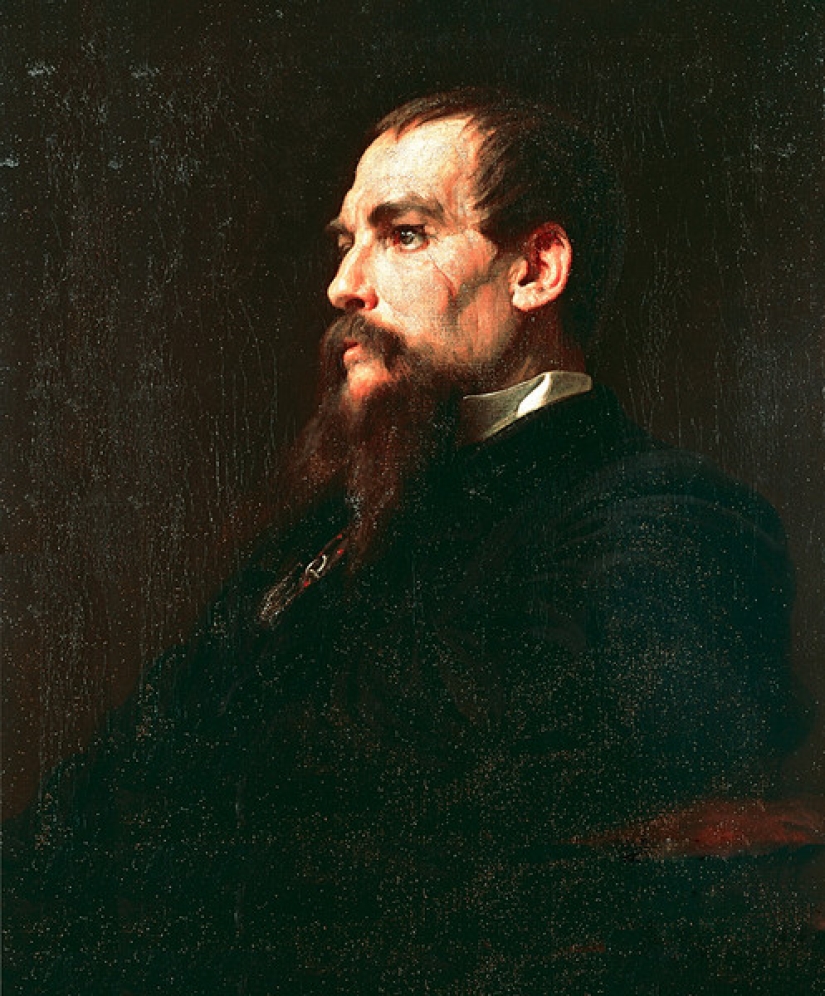
Tunisian Sheikh Nafzawi is considered to be the author of the "Fragrant Garden". Judging by the content of the treatise, this man possessed remarkable knowledge about the intimate sphere. In the chapters of his book, the sheikh describes not only poses for copulation and options for foreplay. He talks about erogenous zones, enlargement of the genitals and even gives instructions in the field of flirting and seduction.
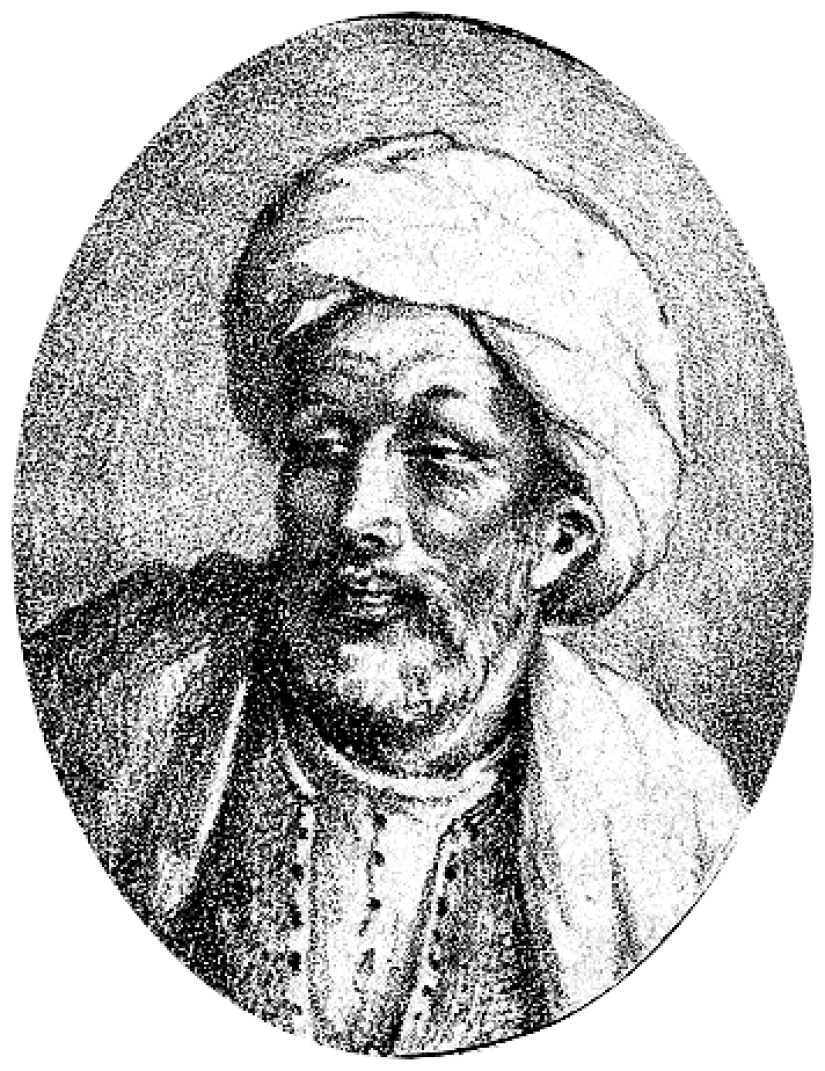
Very little is known about the author of the Arabic treatise on love. Sheikh Nafzawi was from a Berber tribe and lived in Tunisia in the 15th century. He was a very educated man for his time and a skilled healer. Judging by the elegant style, the sheikh also had a talent for writing. The Arab "Kama Sutra" was not born on his whim. The treatise was commissioned by Nafzawi ruler of Tunisia Abu Faris Abd al-Aziza al-Mutawakkil.
Burton took the translation of the Arabic book very seriously. He tried to convey all the thoughts and instructions of the sheikh as accurately as possible. Despite this, the well-known translation option is considered incomplete by many. There is an opinion that in the original there was a chapter about same-sex love. It seems that the translator even planned to include it in the second edition of the book, called The Fragrant Garden. But according to legend, he did not have time to do this, as he died suddenly.
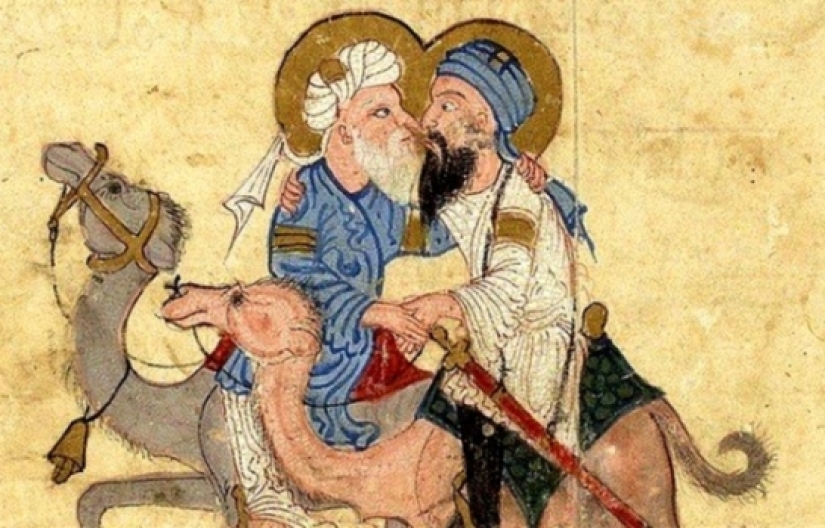
All the materials on the "Fragrant Garden" turned out to be with Burton's wife. For some reason, the woman burned the original texts of the Arabic book. At the same time, the missing chapters on male love disappeared in the fireplace. However, this is just an unconfirmed story told by one of Burton's family friends. One way or another, there is an aura of mystery around the treatise, which only increases interest in it.
Since the topic of carnal pleasures is almost taboo in Islamic culture, many are skeptical about the "Fragrant Garden". Some consider the treatise a fake, while others tend to think that this is the only such book that has become a strange deviation from the norms accepted in the Islamic world. But this is not so, and other works on intimate life in Arabic can serve as proof. It turns out that there are not so few of them.
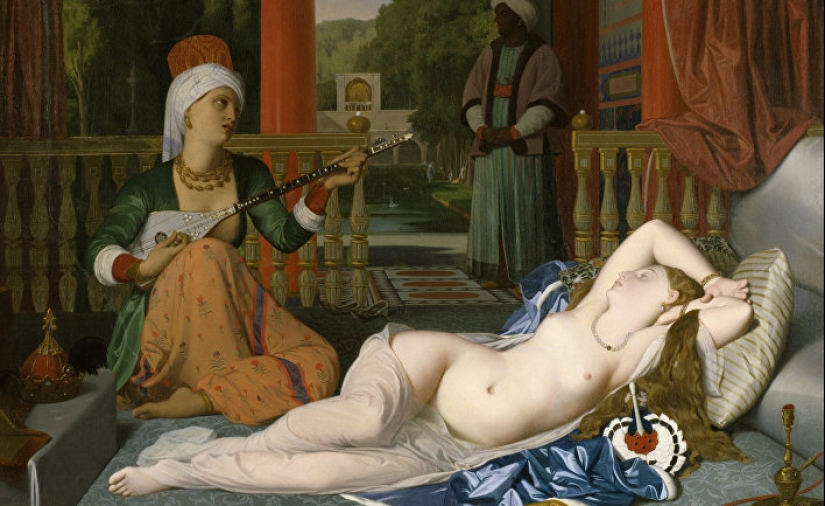
In the Middle Ages, the topic of sex in the Muslim world was treated differently than it is now. It can be said that he was more advanced in this regard than Europe with its only prohibited "Aretino Poses". Books with descriptions of love joys were highly valued by Muslims and were considered a gift of the Almighty. Academician S. Irving in one of his articles writes about this here is what:
It is worth clarifying that The Fragrant Garden is only one of many Arabic books about the art of love. Even the original of the fairy tales "One Thousand and One Nights", which we know in an innocent translation, is filled with frank scenes and piquant details. But there are also notes by the Abbasid scholar Al Jahiz, instructing inexperienced young couples. You can also mention the "Encyclopedia of Pleasures" by Al Katib, written in the 10th century and an absolutely incredible text from the time of the Seljuk Empire about same-sex male love.
Recent articles

It's high time to admit that this whole hipster idea has gone too far. The concept has become so popular that even restaurants have ...

There is a perception that people only use 10% of their brain potential. But the heroes of our review, apparently, found a way to ...

New Year's is a time to surprise and delight loved ones not only with gifts but also with a unique presentation of the holiday ...